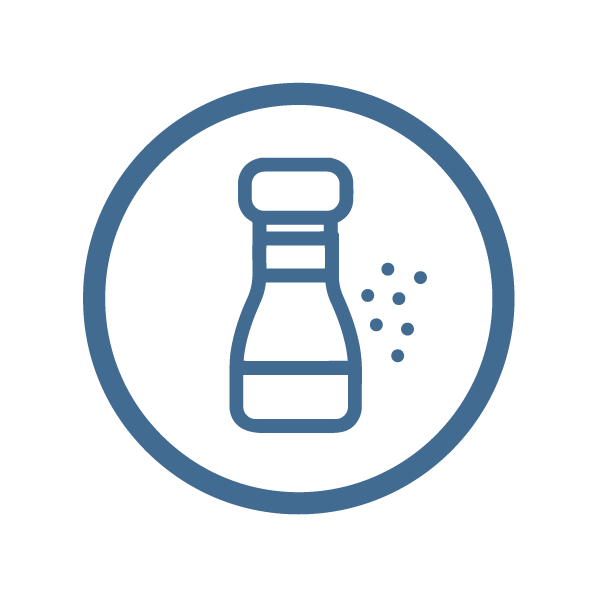ANTI-INFLAMMATORY FOODS TO EAT
There are various categories of foods that work to reduce inflammation, including fruits and vegetables, superfoods, alliums, phytonutrients, crucifers, beans, omega fatty acids, and beans – among others.
FRUITS & VEGETABLES
Fruits and vegetables are one of our most important defenses against the development of inflammation. This is perhaps the most important of the Anti-Inflammatory Diet tips. A serving is approximately ½ cup of a cooked vegetable or fruit and about one cup of raw vegetables.
ALLIUMS
Plants in the allium family include garlic, scallions, onions, Chinese chive, and leeks. These anti-inflammatory foods have been shown, in clinical studies, to work against certain diseases, inflammation, obesity, and more.
CRUCIFERS
Crucifers such as broccoli, cabbage, cauliflower, mustard greens, and Brussels sprouts are another important anti-inflammatory superfood choice. All of these vegetables have powerful antioxidant properties and antioxidants help fight one of the processes that cause inflammation.
PHYTONUTRIENTS
Most fruits and vegetables are loaded with important phytonutrients. Phytonutrients have been shown to work against inflammation, and, as a bonus, they also help the body fight oxidative stress. When choosing fruits and vegetables, you should always go for as much color as possible. In order to naturally sweeten your meals, try adding apples, apricots, berries, beets, and even carrots as an alternative to sugar.
BEANS
Beans are another good choice for antioxidant and anti-inflammatory protection. They are also a low-cost source of protein, fiber, folic acid, and important minerals such as iron, magnesium, zinc, and potassium. It is recommended that you have at least one cup twice a week. Some options include black beans, pinto beans, red kidney beans, navy beans, and garbanzo beans.
HEALTHY FATS
When looking for healthy fats, try to stick with olive oil, avocados, nuts, chia seeds, fatty fish (which we’ll touch on in greater detail in a bit), and full-fat yogurt. These healthy fats include fatty acids that research shows can fight inflammation. These foods actually work to fight the immune response that causes inflammation. When choosing olive oil, note that not all olive oil is the same. The best for an Anti-Inflammatory Diet is extra virgin olive oil because it is less refined and processed. This allows it to retain more nutrients than standard olive oil varieties. It is important to make certain that the olive oil is packaged in dark bottles for optimum freshness and quality. Also, you should choose one where the harvest date is as close to the purchase date as possible. To ensure its quality, you should choose a brand that has a certification or seal such as COCC, North American Olive Oil seal, or DOP. This is the best way to make certain that you get maximum benefits from your olive oil.
FISH
The omega fatty acids found in certain fish species work wonders in fighting inflammation. The best sources of omega fatty acids include salmon, sardines, mackerel, lake trout, albacore tuna, and herring. While fatty fish are higher in calories, you don’t need huge amounts to reap the benefits. If you eat about 3.5 ounces of fatty fish, two times per week, your body will notice the difference.



